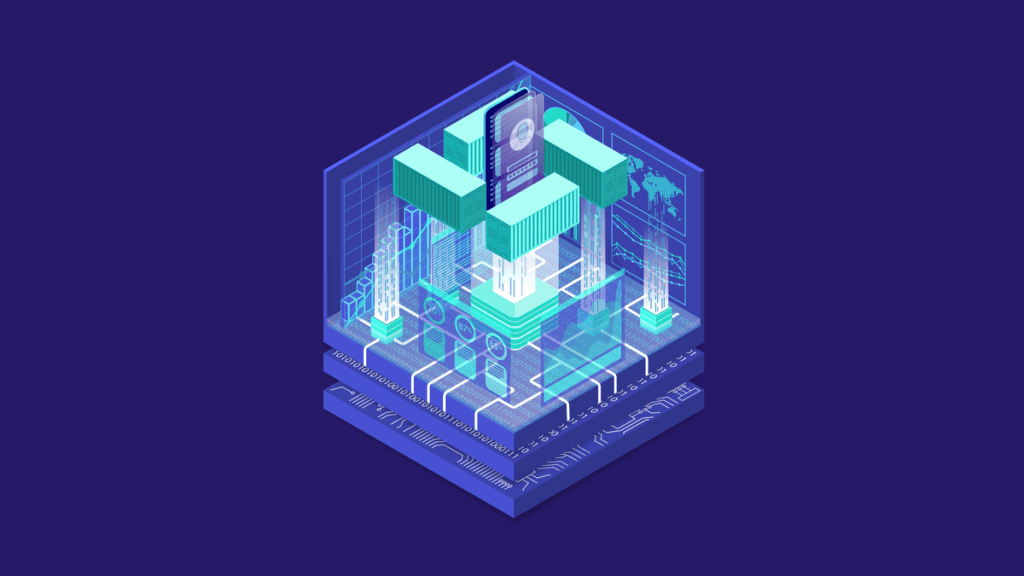The industry push for cloud adoption is only accelerating and with the changing landscape in terms of how compute workloads are deployed and run. While the cloud offers several options, none have seemed to take the industry by storm quite like containers.
The global application container market is expected to grow to nearly $5 billion by 2023. Studies by organizations, such as Forrester, show that up to 86% of IT leaders plan to adopt containers for application deployments. Additionally, 65% also plan to utilize container management platforms to manage those workloads.
All of that said, many organizations and tech leaders still don’t fully understand containerized applications, container orchestration, and container security. We will take a high-level look at those topics in this article.
What Are Containers?
To put it simply, a container is essentially a package that includes application code and all of the required dependencies so that applications can run across various computing environments. Unlike virtual machines (VM), containers virtualize the operating system as well. Containers operate on the same machine by sharing an OS kernel but provide logical isolation through process isolation.
Containers tend to be much more lightweight than VMs and therefore more efficient, as well as more portable. Unlike VMs, each container doesn’t need its own OS either. Also, containers are typically megabytes in size, versus gigabytes.
These benefits make it fairly evident why organizations are increasingly utilizing containers to run their applications, especially in cloud-native ecosystems, where workloads can be moved within, and even across, cloud service providers (CSPs).
Container Orchestration
To maximize the value of containerized applications, organizations are increasingly turning to Container Orchestration options. Container orchestration handles much of the operational overhead of managing containers, such as scheduling, scaling, and monitoring.
The most notable Container Orchestration option is Kubernetes, easily being the most adopted option in the market and growing. Kubernetes is an open-source project, now managed by the Cloud Native Computing Foundation.
Securing Containers
Containers aren’t without their own security concerns though either. Containers suffer from the same security concerns we see in other compute abstractions, such as malware, insecure privileges, sensitive data exposure, and more.
Organizations adopting containers need to take advantage of existing best practices and guidance around securing containers. This includes during the build process, when stored in registries, and also in a runtime production environment as well.
Further, companies should adopt and evolve existing security processes and tooling to account for these new concerns as part of any cloud-native and container adoption strategy. This includes not just processes and tooling but also upskilling their existing workforce, hiring for new competencies, and finding trusted partners to ensure their container adoption initiatives aren’t stifled by undue risk and vulnerabilities.
There are some excellent resources for organizations to brush up on container security, such as NIST’s Application Container Security Guide or CNCF’s Cloud-native Security Best Practices whitepaper.
Closing Thoughts
All of this said it is clear why organizations are increasingly adopting containers to deploy their applications but also evident that security must be a conscious part of that transformation and shift as well.
Malicious actors ultimately go to where the sensitive data and value are and application containers are a new attack vector that they certainly have and will continue to take advantage of. Much like any technology transformation or shift, security needs to be a key consideration. Luckily, there is plenty of guidance and tooling to help organizations secure their containerized workloads and mitigate risk.
Want more cybersecurity insights? Visit the Cybersecurity channel:










